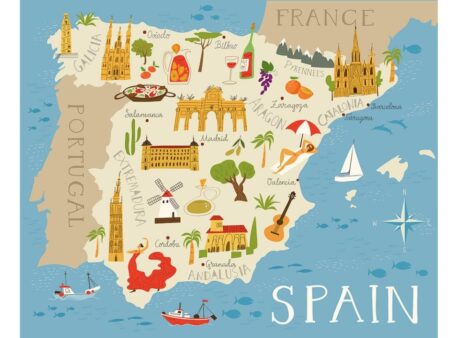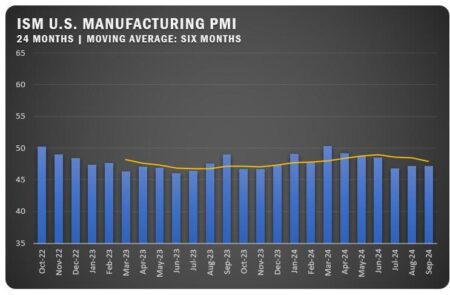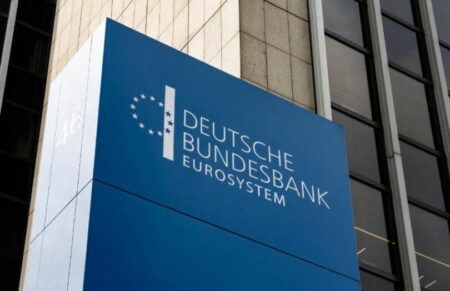Germany is grappling with a consumer spending crisis as households shift their focus from splurging to saving. With inflation and energy costs on the rise, many are feeling the pinch and choosing to hold onto their cash. In response, the government is stepping in with initiatives aimed at reigniting economic activity. However, analysts caution that this prolonged period of caution could stifle recovery efforts.
Browsing: European economy
Spain is experiencing an economic boom, driven by a resurgence in tourism, robust exports, and increased foreign investment. As the country capitalizes on its diverse sectors, experts predict sustained growth, boosting employment and national confidence.
German manufacturers are ramping up production in anticipation of new tariffs from the Trump administration. This proactive measure is viewed as a ‚Äúpleasant surprise‚ÄĚ in the industry, reflecting resilience amid global trade tensions.
Germany has reached a landmark agreement on a fiscal package that includes significant changes to its debt brake policy. This reform aims to enhance budget flexibility while ensuring fiscal stability, addressing both economic challenges and future investments.
Italy’s escalating bond market tensions are shaping Prime Minister Giorgia Meloni’s strategies across various sectors, from defense to banking. As yields rise, Meloni confronts a delicate balancing act between fiscal responsibility and political stability.
The Bundesbank has acknowledged that increased German spending is justified in the current economic climate, yet it cautions that such measures alone will not resolve deeper structural issues. Experts urge a balanced approach to ensure sustainable growth.
Germany’s recent fiscal stimulus, termed a “spending bazooka,” is reshaping Eurozone dynamics, propelling the euro and increasing borrowing costs. This shift underscores the impact of national policies on broader European economic stability and inflation concerns.
Italy’s manufacturing PMI for February came in at 47.4, exceeding expectations of 46.8, indicating a slight improvement in economic activity. Despite remaining below the critical 50 threshold, this uptick suggests resilience in the sector amidst ongoing challenges.
In a concerning indication of economic strain, the German Central Bank reported significant losses, highlighting challenges ahead for Europe’s largest economy. Analysts warn this trend may reflect deeper issues, raising alarms about Germany’s financial stability.
France’s Economy Minister has described the upcoming 2026 budget as a “demanding” challenge amid economic pressures. As the government navigates rising costs and public expectations, careful planning will be crucial to ensure fiscal stability.









